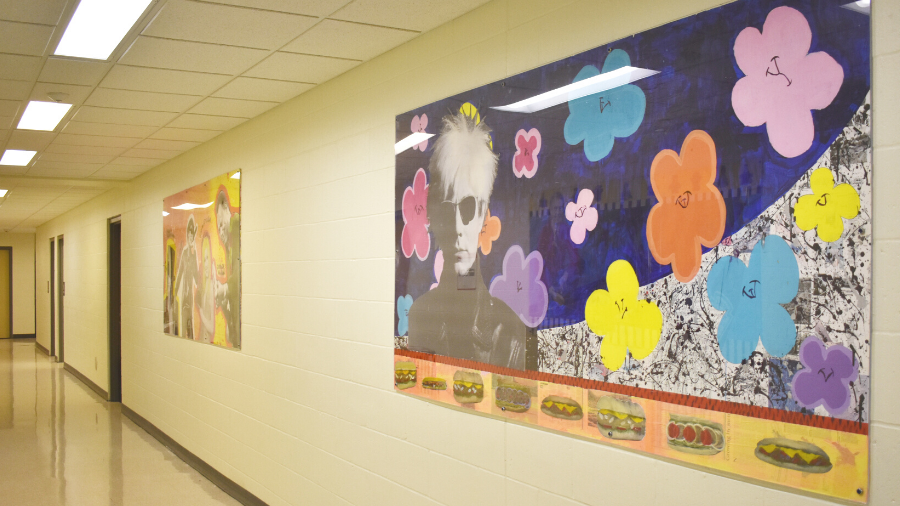At the Watson Institute’s Friendship Academy, elementary, middle, and high school students face the same challenges that many of their peers face: pressures to fit in and to keep up with their peers, issues with body image and self-esteem, and pressure to build and maintain friendships.
However, at Friendship Academy, students are also grappling with mental and behavioral health challenges on top of traumas they have experienced due to race and socioeconomic status. Exposure to generational poverty, gun violence, and racial discrimination add to the trauma many of our students at Friendship experience before reaching adulthood.
Our team of educators and mental health professionals at Friendship strive to provide counseling and supports to students to help them cope with these traumas while also achieving their educational and developmental goals.
Beginning this school year, Friendship Academy built a partnership with the Neighborhood Resilience Project (NRP), a local organization founded by Reverend Paul Abernathy to support Pittsburgh communities in need. Rev. Abernathy invited Friendship to participate in a three-year In-School Trauma Response Program which supports students who are at risk of exposure to and involvement in illicit activities and gun violence.
The program, which is fully funded by the Department of Justice’s Office of Juvenile Justice( OJJDP), engages participants through a three-pronged approach: reduce, prevent, and consult.
- Reduce: the program is intended to equip students who hold influence over others with the skills to make positive changes and encourage safer and more resilient lifestyles in their school and community. The aim is to empower students to provide peer support and set positive examples for their friends in school and in their communities.
- Prevent: students learn a variety of skills to help prevent violent altercations, such as de-escalation tactics, how to make decisions in a crisis, and healthy coping mechanisms for mental health challenges and stressors.
- Consult: a community-based Quality Improvement Committee (QIC) comprised of local experts and advisors work to build positive relationships with the students in their communities to provide additional support.
At the start of the project, Neighborhood Resilience Project team members met with Friendship Academy staff to train them about the impacts of historical traumas and teach strategies they can use to empower students to choose alternative paths and responses to traumatic interactions. The project is based in empathy and showing understanding for hardships students have experienced and learning how to use those experiences to shape their future decisions and actions.
Every Thursday, Trauma Response Team members Dan Emerick, MDiv, MSM, and Rev. Geoffrey Tate meet with a group of about fifteen (15) Friendship Academy students who were selected to participate in the program. The students involved range in age from elementary to high school-age. In the program, students have the opportunity to speak freely about the dangers they experience in their communities and how the traumas of violence, racial discrimination, and poverty impact their mental health and well-being.
When the program started in November 2021, only a handful of students wanted to participate. However, as the program sessions began, word spread amongst the student body, leading to more students joining the program and continuing its growth.
In the words of Alexandra Wilkes, Program Director of Friendship Academy, “NRP helps to validate the traumatic events our children are witnessing and experiencing in their communities every day. NRP is trying to work with those children who are on the ‘front lines’ and those who have some influence among their community peers to try to move the mindset away from violence.”
The goal is to equip students with the skills to handle adverse situations and to empower them to use coping skills and resiliency to affect positive changes in their communities. The partnership with the Neighborhood Resilience Project broadens the opportunities for our students to access resources and support that can help them not just in school, but more importantly in their home and community settings where support may be harder to access.
The skills and resiliency students are building will not only benefit them now as they progress through school, but will serve them as they transition into adulthood and future employment.
Learn more about Friendship Academy and check back on our blog for updates and developments from our three-year partnerships with the Neighborhood Resilience Project on the In-School Trauma Response Program.
